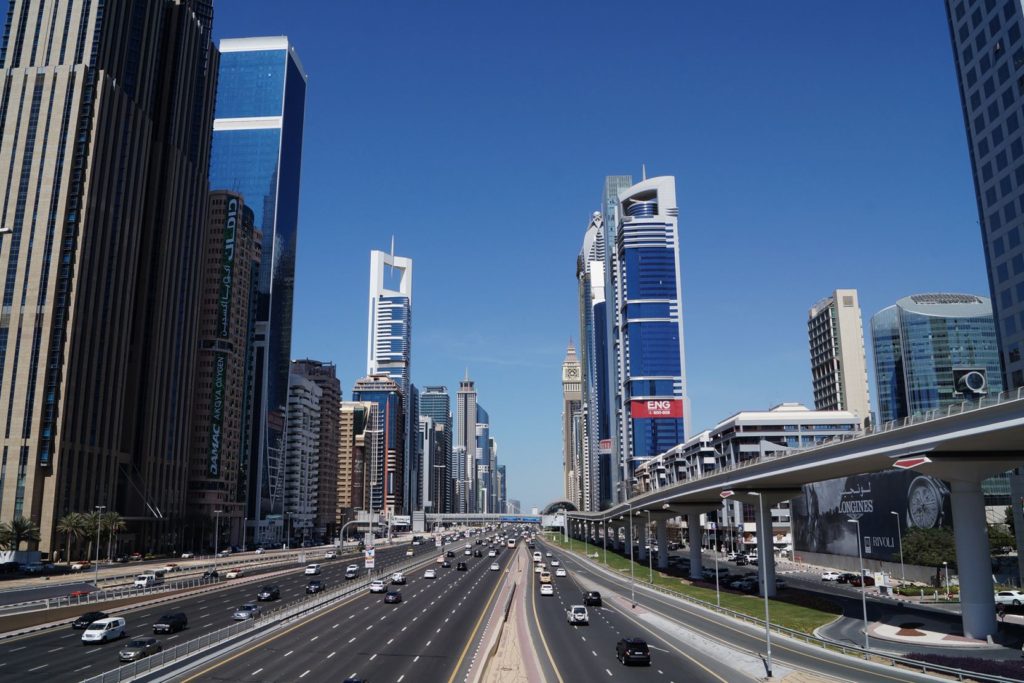
Dubai: The value of UAE projects awarded rose by a solid 42.6 per cent quarter on quarter in the first quarter of 2017, with both Dubai and Abu Dhabi seeing significant increase.
The value of projects awarded was above the two-year trend level and up a moderate 2.1 per cent year on year in the quarter. Constructions projects continued to dominate total UAE awards, up 25.6 per cent year on year and there was also a yearly increase in oil and power projects in the first three month of the year led by led by Abu Dhabi.
In the case of Dubai, projects linked to Expo 2020, real estate and retail continued to dominate awards in the quarter. “The outlook for UAE project awards for the remainder of 2017 looks robust given the number of projects close to being awarded. Notably, $3 billion of projects have already been awarded in the second quarter. A strengthening in investment activity is largely behind our stronger real non-oil GDP growth outlook for 201,” said Monica Malik, Chief Economist of Abu Dhabi Commercial Bank.
At the regional level, all GCC countries witnessed a quarterly rise in project awards in the first quarter with the exception of Saudi Arabia. There was likely some support from the relatively higher oil price from end-2016. Moreover, GCC budgets for 2017 point to a rise in investment spending to meet medium-term economic objectives after sharp cutbacks in 2016.
While the UAE continues to dominate awards in the region, Kuwait recorded the strongest quarterly increase in the first quarter of this year, with the value of awards almost tripling. Consequently, Kuwait overtook Qatar as the third-largest country for awards the last quarter.
Despite the improvement in overall project awards, data continues to show a cautious stance, with only the most critical projects progressing. Total GCC project awards are still down 16.1 per cent year on year and below the two-year trend level. Only the UAE and Qatar saw a yearly rise in the first quarter from a low base in the case of Qatar.
“We still need to see further evidence of projects being awarded before we can confidently call a pick-up in the investment outlook. We still have the greatest confidence in the investment outlook for UAE and continue to see capital expenditure driving non-oil activity in Qatar. In Kuwait, investment momentum is continuing to build,” said Malik.
Strong private component
Saudi Arabia was the only country to see a quarterly fall of 29.3 per cent quarter on quarter during the first three months of this year.
“Overall, project awards in Saudi Arabia have been weak since the first quarter on 2016 as the government’s focus has shifted to fiscal consolidation. We believe that government-sponsored projects, with a strong private component, will be vital in reviving the investment cycle and meeting key components of Saudi Arabia’s development projects. Moreover, without such a move, we expect domestic demand to remain weak,” said Shailesh Jha, an economist at ADCB.
Analysts say build-up in momentum of project awards will be critical to regional investments and growth outlook.
The International Monetary Fund (IMF) has projected lower economic growth for GCC countries in its latest World Economic Outlook report.
Real GDP growth in the UAE is forecast to slow down to 1.5 per cent in 2017 from 2.7 per cent last year and recover sharply to 4.4 per cent in 2018.
Projections
In the outlook report, the IMF cut its 2017 growth forecast for the region comprising the Middle East, North Africa, Afghanistan and Pakistan to 2.6 per cent, down from the 3.1 per cent projected in January.
Saudi Arabia’s real GDP is projected grow at 0.4 per cent against 1.4 per cent growth last year and for 2018, the IMF projects GDP growth at 1.3 per cent.
While GDP growth in Qatar is projected to exceed 2.7 per cent last year to 3.4 per cent in 2017, it is expected to moderate to 2.8 per cent in 2018. In Kuwait, the real GDP growth is projected to slip into negative territory with a minus 0.2 per cent this year from 2.5 per cent growth last year.




